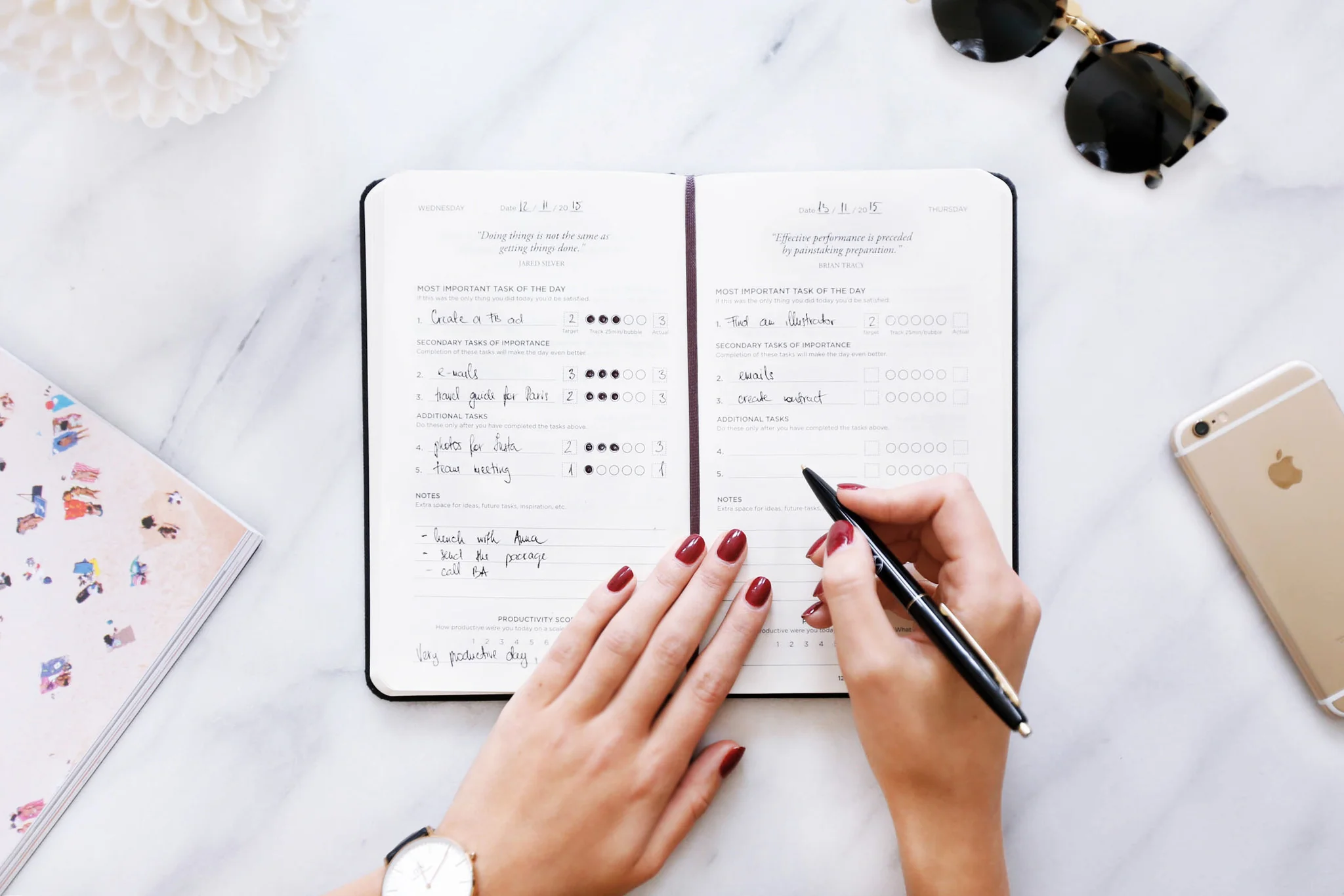- June 10, 2024
MONEYHOW HAVING A MONTHLY BUDGET CAN HELP YOU ACHIEVE YOUR MONEY GOALS
- December 26, 2023
- in Motivation

Do you have money goals? If you’re not sure what a money goal is, it’s essentially a goal that is tied to the achievement of some financially related end result. This could look like saving enough money for a vacation or a down payment on a house. It could also mean improving your credit, paying off debt, or increasing your salary.
Regardless of the money goal, one thing this is for certain, having a budget is fundamental to achieving that goal. So, if you’ve ever wondered about how does having a monthly budget actually help you achieve your money goals? Well then, this article is for you.
Do you have money goals? If you’re not sure what a money goal is, it’s essentially a goal that is tied to the achievement of some financially related end result. This could look like saving enough money for a vacation or a down payment on a house. It could also mean improving your credit, paying off debt, or increasing your salary.
Regardless of the money goal, one thing this is for certain, having a budget is fundamental to achieving that goal. So, if you’ve ever wondered about how does having a monthly budget actually help you achieve your money goals? Well then, this article is for you.
ACHIEVING YOUR MONEY GOALS VIA A BUDGET

I know, some people don’t like the ‘B’ word. Budgeting to many people is like having to exercise daily or putting yourself on a stringent diet.
Unfortunately, budgeting is critical to achieving a balanced and stable life, and it’s especially imperative for achieving money goals. Too many people think that their financial situations will change magically or automatically.
But the truth is, financial health, just like our physical health, is a choice and requires intent and discipline. Nobody gets into shape by accident.
The same can be said for achieving financial goals, nobody creates a stronger financial situation by accident (aside from winning the lottery). So, here are three solid ways that budgeting can help you get on track to achieving money goals.
1. A Budget Creates Awareness
Creating a budget is a fundamental step toward financial stability and achieving your financial goals. So, it’s important that you aim to make it well thought out.
Once you’ve assessed your income, listed your expenses, and differentiated between your needs and wants, you create clarity around your financial reality. This is the primary purpose of creating a budget.
Thus, creating a budget creates clarity that leads to awareness, and that awareness will put you in the position to be in control of your money.
2. A Budget Gives You Control
Having a budget gives you control of your financial situation. Once you know where all your money is going, and how much you have left at the end of each week or month, you have the ability to make better decisions.
Certainly, you can make financial decisions before you have a budget, but it’s like shooting in the dark. Without a budget you don’t know if you’re going to undershoot or overshoot at the end of each month.
And the blindless and lack of clarity can lead to major financial problems. So, get a budget going if you’re ready to be in control of your financial destiny.
3. A Budget Provides Direction
Once you’ve gained clarity and control of your finances, you know have the power to direct your resources with purpose.
Do you have money goals? If you’re not sure what a money goal is, it’s essentially a goal that is tied to the achievement of some financially related end result. This could look like saving enough money for a vacation or a down payment on a house. It could also mean improving your credit, paying off debt, or increasing your salary.
Regardless of the money goal, one thing this is for certain, having a budget is fundamental to achieving that goal. So, if you’ve ever wondered about how does having a monthly budget actually help you achieve your money goals? Well then, this article is for you.
Final Thoughts
Having said all of that, hopefully you now see how having a monthly budget can actually help you achieve your money goals. A monthly budget provides you with awareness, control, and direction.
Remember, the hardest part of achieving one’s financial goals is typically setting up your foundation when creating a budget.
But as soon as your budget is up and running, you now have the ability to set realistic goals, the ability to track and adjust, and most importantly, the ability to make progress on your goals.





